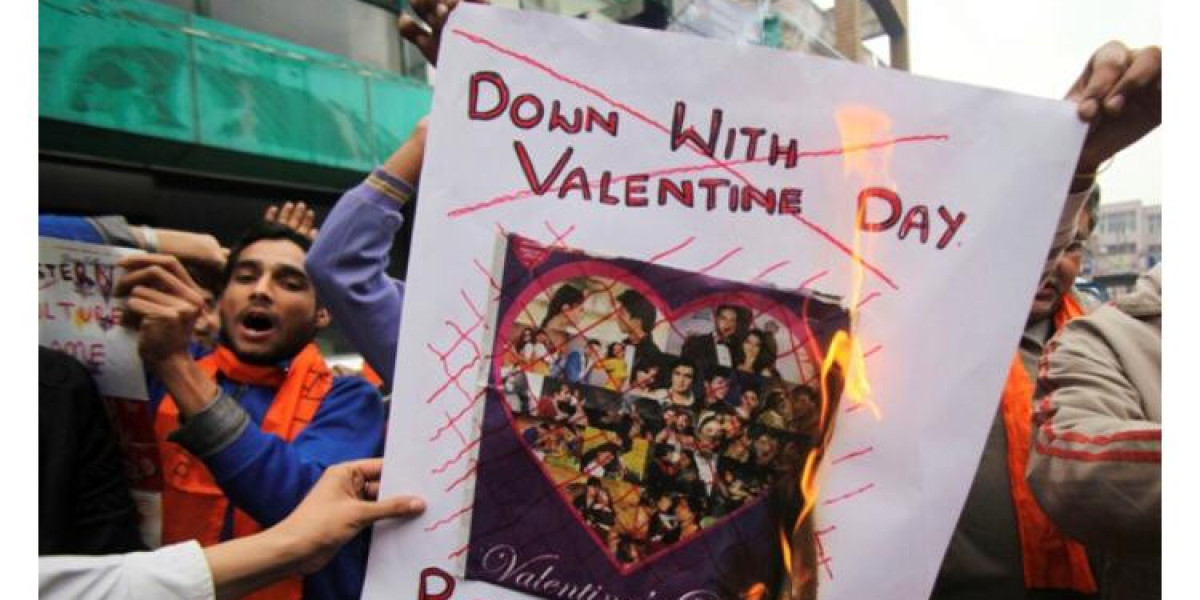February is widely known as the month of love, with Valentine’s Day on the 14th being a prominent feature. This day is typically associated with expressions of love and affection, particularly romantic love, and is often marked by the exchange of gifts such as chocolates, flowers, and cards. While it has historical roots in both Christian and ancient Roman traditions, it is now celebrated in many countries around the world, each with its own customs and traditions. The dominant color of the day is red, symbolizing love.
However, in some countries, the celebration of Valentine’s Day conflicts with traditional customs or religious beliefs. For instance, in certain Islamic countries, there are concerns that Valentine’s Day promotes Western values and may contradict Islamic teachings. Additionally, in regions with authoritarian governments, the celebration of Valentine’s Day might be restricted or discouraged due to its association with Western influence. Moreover, in areas facing social or economic challenges, the focus may be on more pressing issues rather than on celebrating a romantic holiday.
The commercialization of Valentine’s Day is also viewed as excessive or inappropriate in certain cultures or communities. Some individuals may not find Valentine’s Day relevant to their lives or may not prioritize celebrating romantic relationships in this particular way. Cultural attitudes toward love and relationships vary widely, and not everyone feels compelled to participate in Valentine’s Day festivities. The reasons for not celebrating Valentine’s Day can be complex and multifaceted, influenced by cultural, religious, historical, and personal factors.
Here is a list of 10 countries where Valentine’s Day is not widely celebrated due to cultural or religious reasons:
1. Saudi Arabia: Public celebration of Valentine’s Day is prohibited due to religious and cultural reasons.
2. Pakistan: Valentine’s Day is not widely observed due to cultural and religious sensitivities, although some individuals may privately celebrate.
3. Iran: The government discourages the celebration of Valentine’s Day, considering it a Western cultural influence.
4. Indonesia: Valentine’s Day has faced restrictions in recent years due to cultural and religious concerns, although it is celebrated by some.
5. Malaysia: While not illegal, the celebration of Valentine’s Day is discouraged by some Islamic authorities.
6. Brunei: Public celebrations of Valentine’s Day are not permitted as they are seen as contrary to Islamic values.
7. Qatar: Public celebrations of Valentine’s Day are not common due to cultural and religious reasons.
8. Somalia: The celebration of Valentine’s Day is not widespread due to cultural and religious beliefs.
9. Afghanistan: Ongoing security concerns and conservative cultural norms contribute to the limited celebration of Valentine’s Day.
10. Mauritania: Public observance of Valentine’s Day is rare due to cultural and religious considerations.
Naijamatta is a social networking site,
download Naijamatta from Google play store or visit www.naijamatta.com to register. You can post, comment, do voice and video call, join and open group, go live etc. Join Naijamatta family, the Green app.
Click To Download


